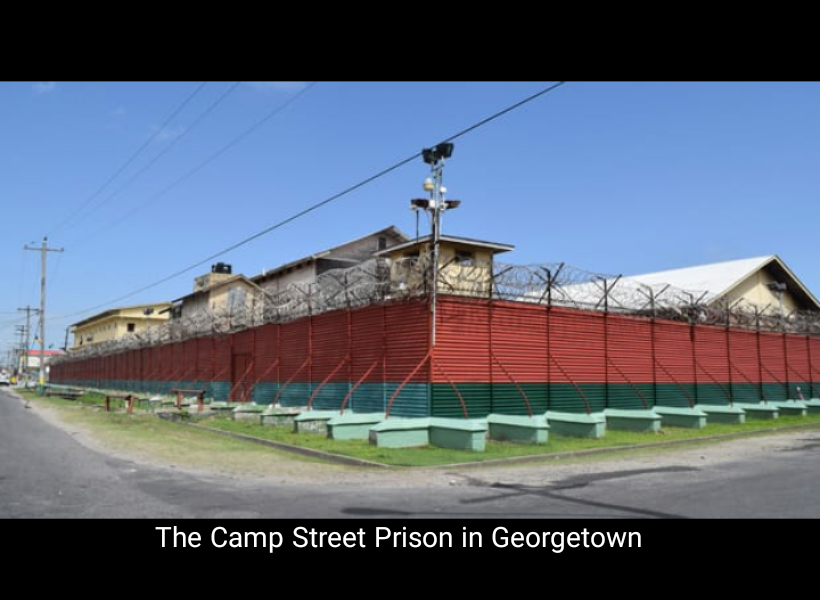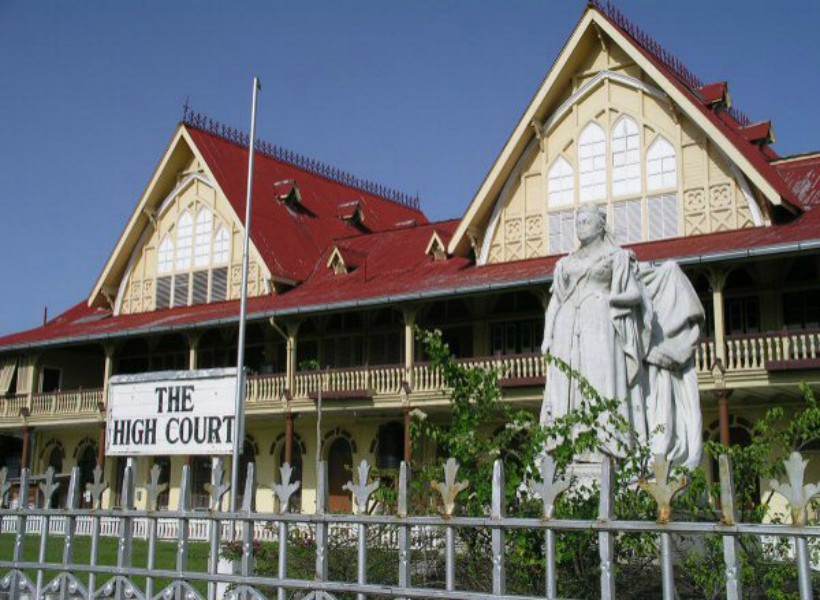Although the law provides for an independent judiciary, and the government generally respected judicial independence and impartiality, delays and inefficiencies continue to undermine the fair treatment of citizens. This was highlighted in the most recent report compiled by the U.S Department of State on Guyana’s human rights practices. In its review of last year, the report detailed challenges which confronted the criminal justice system.
According to the report which was published this month, “Shortages of trained court personnel, postponements at the request of the defense or prosecution occasional allegations of bribery, poor tracking of cases, and police slowness in preparing cases for trial caused delays.”
Lengthy pretrial detention still remained a problem, the report highlighted, noting that this is due primarily to judicial inefficiency, staff shortages, and cumbersome legal procedures. It said that the average length of pretrial detention was three years for those awaiting trial at a Magistrates’ Courts or in the High Court. This was often beyond the maximum possible sentence for the crime for which persons were charged.
The prison and jail conditions came in for high criticism by the report. As a matter of fact, the report said that prison conditions were reportedly harsh and potentially life threatening due to overcrowding, physical abuse, and inadequate sanitary conditions. As at June 2019, the report disclosed that the Guyana Prison Service reported there were 2,069 prisoners in eight facilities with a combined design capacity of 1,505.

“Overcrowding was in large part due to a backlog of pretrial detainees, who constituted approximately 30 percent of the total prison population,” the U.S State Department pointed underscored. The report went back to May 2018, when government released the findings of a 2017 independent study which found that prison officers physically abused prisoners.
The U.S State Department reminded, “The government reported the UN Working Group of Experts on People of African Descent found that prison conditions at the Lusignan Prison were appalling and cells were unfit for human habitation. Prisoners reported unsanitary conditions and a lack of potable water, and they also complained of lengthy confinement in their cells with limited opportunities for sunlight.”
The report pointed out that while authorities stated they investigated and monitored prison and detention center conditions monthly, and committees prepared reports after each visit, prisoners often circumvented procedures for submitting complaints of inhuman conditions or mistreatment by passing letters addressed to government officials through family members.
According to the report, “While the law recognizes the right to legal counsel, it was limited to those who could afford to pay, except in cases involving capital crimes [like murder]. Although there is no formal public defender system, a defendant in a murder case that reaches the High Court may receive a court-appointed attorney. The Georgetown Legal Aid Clinic, with government and private support, provided advice to persons who could not afford a lawyer, particularly victims of domestic violence and violence against women.”













